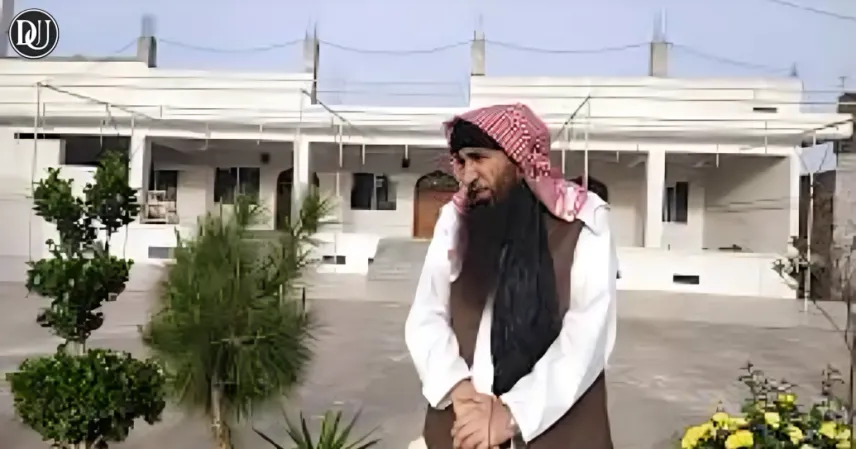In a significant blow to Pakistan-based terror outfits, Razaullah Nizamani, better known as Saiullah, a senior Lashkar-e-Taiba (LeT) commander, was shot dead in Pakistan’s Sindh province on May 18, 2025. Saiullah was wanted for masterminding multiple deadly terror attacks in India. His mysterious killing has drawn renewed attention on violent rivalries within extremist factions in the region, drawing parallels to the 2018 assassination of Pakistani cleric and political leader Maulana Sami-ul-Haq.
Circumstances of Saiullah’s Death Remain Unclear
Reports reveal that Saiullah was ambushed near a crossing in the town of Matli, Sindh, shortly after leaving his residence despite being under government-provided security. The exact circumstances of his killing remain unclear, with no group claiming responsibility. Analysts view his death as a crucial development in ongoing efforts to dismantle terror networks operating with impunity inside Pakistan.
Saiullah’s Role in Major Terror Attacks on India
Saiullah played a key operational role in orchestrating three major terrorist attacks on Indian soil. He was involved in the 2001 assault on the CRPF camp in Rampur, the 2005 attack during the Indian Science Congress in Bengaluru, and the 2006 suicide bombing attempt on the Rashtriya Swayamsevak Sangh (RSS) headquarters in Nagpur. These attacks caused significant casualties and underscored the persistent threat posed by cross-border terrorism supported by Pakistan-based groups.
Connection to India’s Operation Sindoor
This incident follows India’s recent high-profile Operation Sindoor, which targeted terror infrastructure within Pakistan, including Lashkar-e-Taiba’s Muridke headquarters and Jaish-e-Mohammed’s base in Bahawalpur. Nearly 100 terrorists were neutralized during the operation, many of whom were high-value targets. Saiullah’s death further debilitates the operational leadership of these terror organizations and marks a notable success for Indian intelligence agencies.
Parallels with Sami-ul-Haq Assassination
Saiullah’s killing also brings to mind the 2018 assassination of Maulana Sami-ul-Haq, a prominent religious figure known as the “Father of the Taliban.” Sami-ul-Haq was fatally stabbed in his home in Rawalpindi, an unsolved murder that exposed the dangerous internal rivalries within Pakistan’s extremist political landscape. He led the Darul Uloom Haqqania seminary, which trained numerous senior Taliban commanders.
Shifting Power Dynamics in Pakistan’s Extremist Circles
The assassinations of Saiullah and Sami-ul-Haq, though years apart, reflect the shifting power dynamics and internal fractures within Pakistan’s militant and political arenas. These events highlight ongoing tensions and potential realignments among radical factions. As India intensifies its counter-terrorism efforts, the elimination of key figures like Saiullah represents both a strategic victory and a harbinger of possible instability within Pakistan’s extremist networks.










